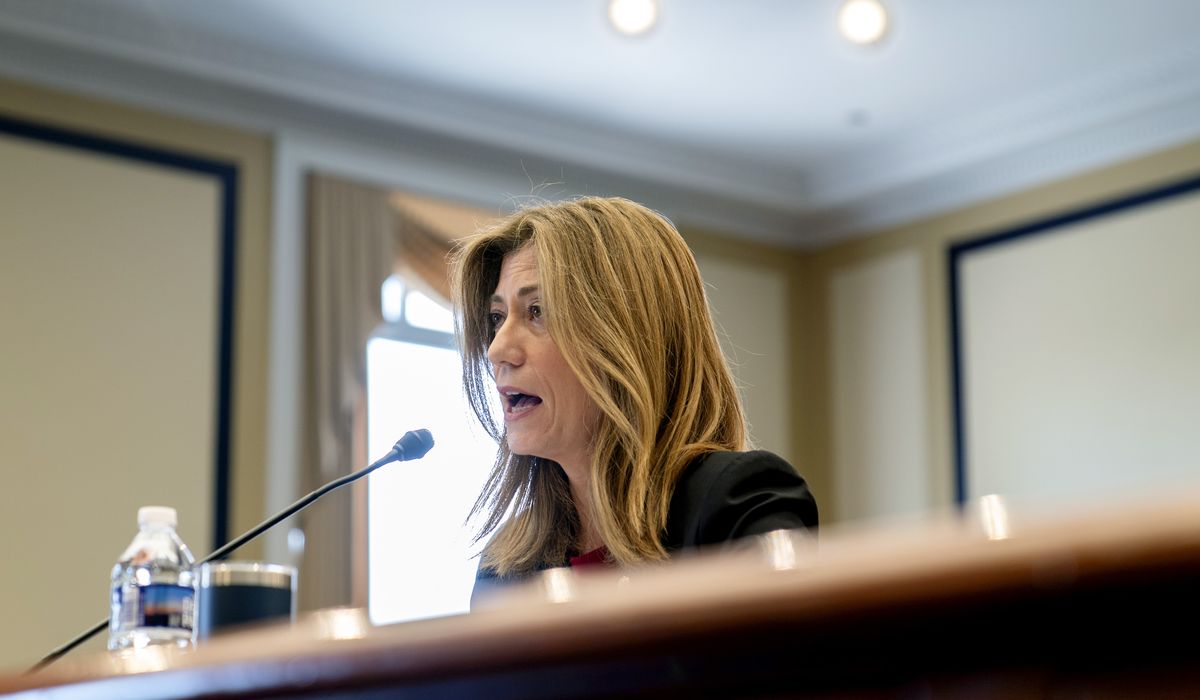News Mentions for the week of July 31, 2023
Our experts are often called upon to provide insight on current events and topics in the news. Here are some of the articles Stanford Psychiatry faculty have been interviewed for in recent weeks.
- From Portugal to Portland
From Portugal to Portland
Oregon decriminalized all drugs, and overdoses have surged. Keith Humphreys, the Esther Ting Memorial professor of psychiatry and behavioral sciences, provides comment.
- Fortune Well
Your therapist isn’t there to solve your problems for you. Here’s how to make the most of your 45-minute therapy session
Is there a magic flow to the perfect therapy call? We hear a lot about how people can benefit from therapy and how to access treatment. We seldom talk about those mysterious 45 minutes inside the room with a perfectly placed tissue box. Or, increasingly, during a Zoom session. Nina Vasan, clinical assistant professor of psychiatry and behavioral sciences, provides comment.
- San José Spotlight
When it comes to drugs, is San Jose the next San Francisco?
Last month, San Jose Mayor Matt Mahan stood at a busy downtown intersection with one message: if you are caught dealing in San Jose, you will be swiftly arrested and prosecuted. Mahan has joined the growing list of Bay Area politicians determined to combat the state's drug epidemic, using a carrot and stick approach — some placed in treatment, others arrested. Keith Humphreys, the Esther Ting Memorial professor of psychiatry and behavioral sciences, is quoted on the growing issue in this article.
- Daily Sabah
Stanford psychiatrist explores Islamic tradition in mental health care
Rania Awaad, clinical associate professor of psychiatry and behavioral sciences, retraces the history of mental health care in Türkiye's 'darüş-şifa' institutions, inspired by Islamic tradition, to challenge the Eurocentric narrative of psychology and promote a holistic approach to healing the mind and soul.
- The Washington Times
DEA chief: Fentanyl remains the top threat, but a worse synthetic drug could emerge
The chief of the Drug Enforcement Administration told Congress on Thursday that fentanyl is the deadliest drug circulating in the U.S., but agents are bracing for something worse to emerge. Keith Humphreys, the Esther Ting Memorial professor of psychiatry and behavioral sciences, is quoted.
- Washington Post
Marijuana addiction is real. Those struggling often face skepticism.
Dozens of states have legalized recreational sales, with experts saying most people don't experience serious health woes. But some do. Smita Das, clinical associate professor of psychiatry and behavioral sciences, is quoted.
- Stanford Impact Labs
Addressing an urgent mental health issue through a faith lens
Muslim communities face myriad cultural, economic and social barriers to accessing mental health care. Rania Awaad, clinical associate professor of psychiatry and behavioral sciences, in partnership with community and religious organizations, is working to design and implement suicide prevention, intervention and postvention programs that are religiously and culturally congruent and accessible.






